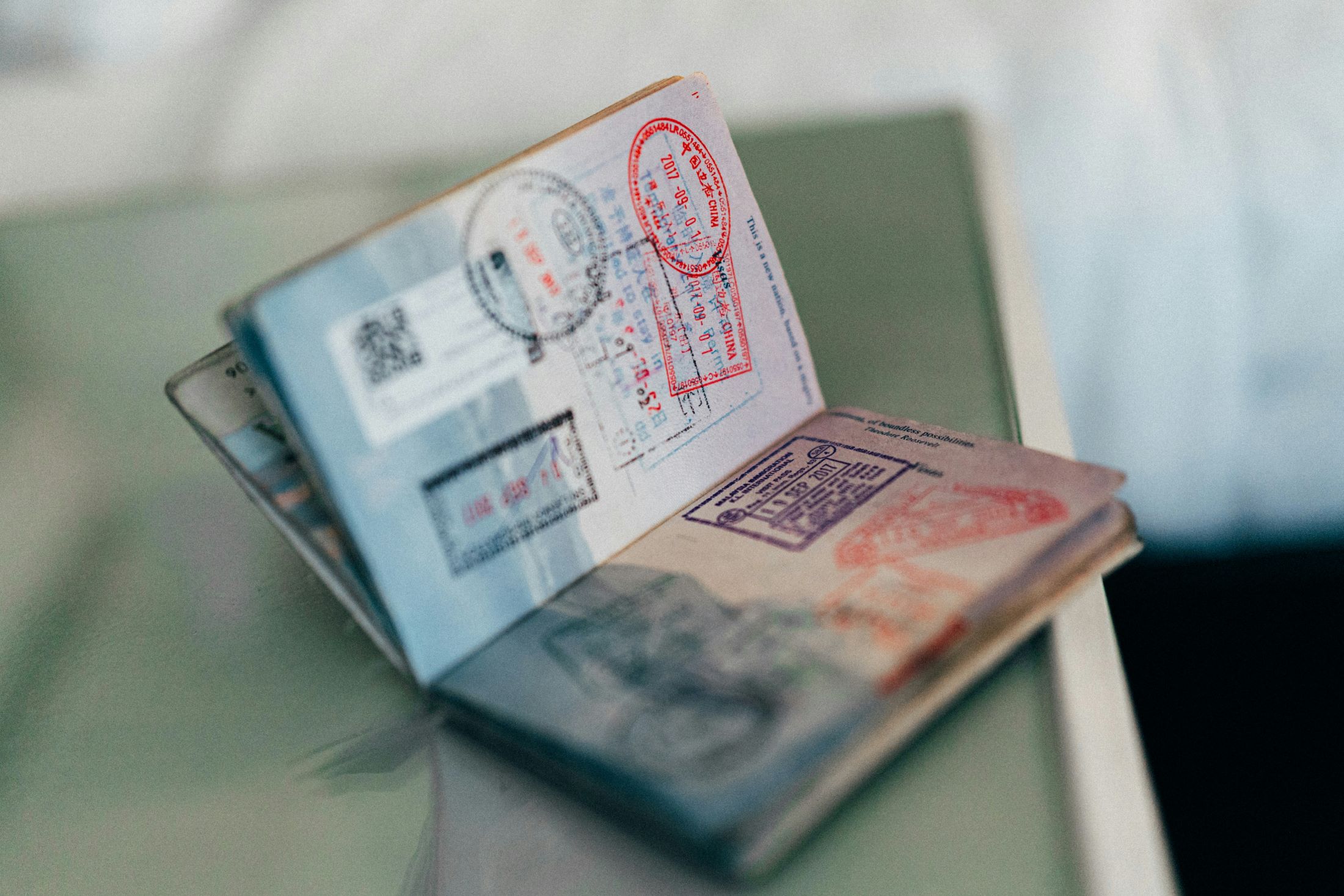Inside Russia’s New Residency Permit That’s Luring Thousands of Disillusioned Westerners

Thousands from Europe and the West Turn to Russia Amid Rising Disillusionment
A recent immigration initiative has sparked significant attention as it opens doors for citizens from several Western nations to relocate to Russia on a specially designed residency permit. Since its launch in late 2024, this program has attracted applicants who express dissatisfaction with their home countries’ political and social directions, seeking an alternative that aligns more closely with traditional values.
This offer grants recipients a three-year residency permit, permitting them to live and work in Russia without the usual requirements such as language proficiency exams, civic integration tests, or investment thresholds. Instead, applicants need only demonstrate respect for Russia’s emphasis on faith, family, stability, and tradition, making the process markedly more accessible than standard immigration pathways.
The scheme explicitly targets individuals critical of contemporary Western policies, particularly those who feel alienated by liberal democratic trends. Advocates of the program highlight that many applicants no longer identify with the changes in their countries and are drawn by Russia’s promise of a value-driven society that respects long-standing moral and cultural norms.
Origins and Scope of the Residency Initiative
Introduced by the Russian government in August 2024, this residency program was crafted to respond to several domestic and international factors. One primary motivation was to address labor shortages in strategic sectors by attracting foreign talents who align ideologically and culturally with Russia’s societal principles. Additionally, the program serves a symbolic purpose by inviting those disenchanted with what is viewed as Western societal decline.
The residency permit, often referred to as the "Shared Values Visa," allows holders to bypass many of the bureaucratic hurdles typical of immigration systems worldwide. Unlike common immigration programs that demand language skills, cultural knowledge, and financial investments, this residency route simplifies entry by focusing on an ideological affinity towards Russia’s heritage and values.
Countries eligible for application include most Western nations and allies, excluding certain Eastern European countries such as Hungary and Slovakia, which are notably exempt. Since the program’s inception, applications have surpassed one thousand, with the highest numbers coming from Germany, followed by Latvia and the United States, reflecting a geographic and political pattern of applicants seeking change.
Applicant Demographics and Motivations
Analysis reveals that the bulk of applicants emerge from regions where citizens increasingly express frustration with political instability, social polarization, and perceived erosion of traditional social frameworks. Many applicants identify with ultra-conservative viewpoints or express concerns over liberal social policies prevalent in their countries.
Testimonies from intermediaries facilitating applications emphasize that many prospective migrants no longer see their home countries as representative of their values or providing a desirable future. This sentiment has fostered a wave of migration interest toward Russia, perceived by these individuals as offering a more stable, value-oriented environment.
Moreover, some experts have observed this trend as reflective of broader geopolitical and sociocultural dynamics, where migration patterns increasingly mirror ideological and cultural affiliations rather than purely economic factors. The program has positioned itself as a unique conduit for those who feel disenfranchised by recent shifts in Western governance and social order.
Implications and Expert Perspectives
From a demographic standpoint, Russia faces long-term declines in population and labor availability, making such immigration strategies potentially beneficial for addressing workforce gaps. By attracting individuals willing to integrate based on shared moral and cultural values, the initiative aims to reinforce social cohesion and economic sustainability.
Experts in international relations and migration studies interpret the program as a strategic blend of humanitarian outreach and domestic policy. The messaging surrounding the residency permit communicates an alternative to Western liberalism, appealing to a subset of applicants seeking refuge from social and political upheaval.
This initiative reveals how migration flows are not solely dictated by economic opportunity but also by cultural and ideological affinity. Recognizing this, policymakers in various countries may need to reassess the assumptions underlying migration trends and address the evolving concerns of their citizens.
In conclusion, the recent wave of applications under this residency program underscores significant shifts in public sentiment within many Western countries. The appeal of a lifestyle grounded in traditional values, coupled with a simplified immigration process, has made this an attractive option for those disenchanted by contemporary political landscapes.
